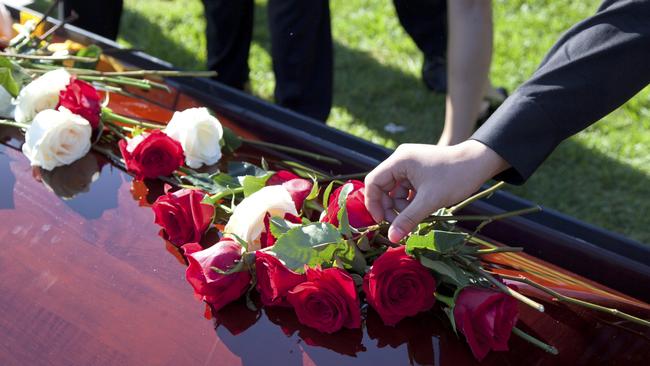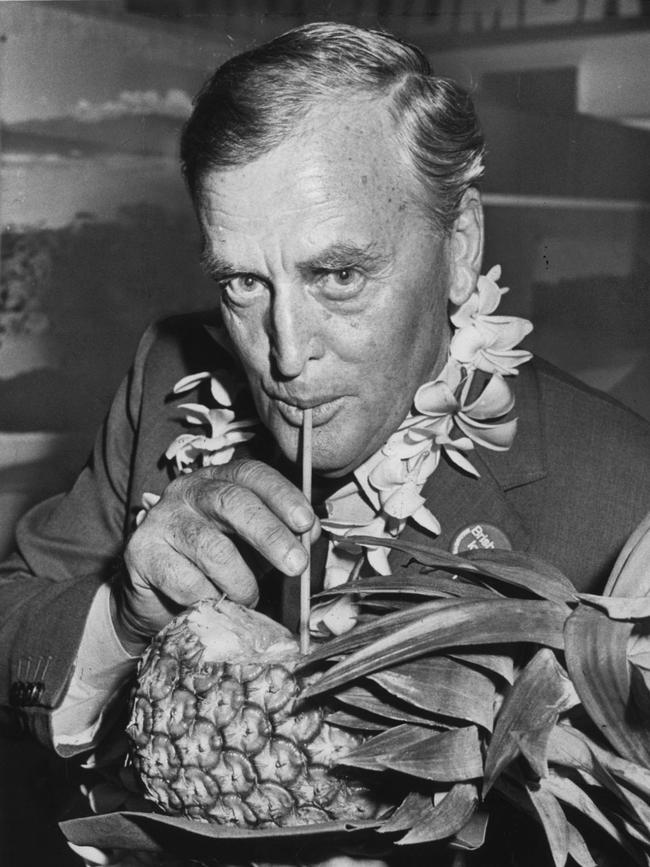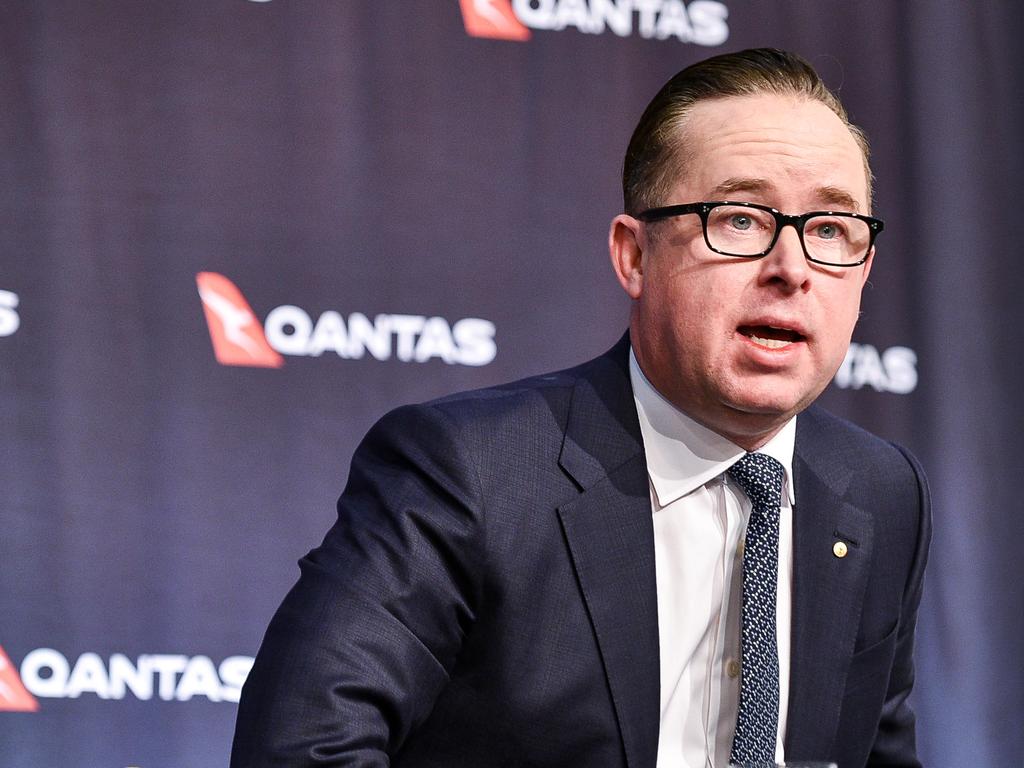
Former prime minister Paul Keating started the latest speculation by advocating a HECS style loan to older people needing specialised aged care. It would be repaid out of their estate – a disguised death tax.
Treasury followed with some speculative “kite-flying” advocacy of death taxes. As I will explain below, historically, Australians - particularly those with wealth - have shown that they are very skilled at manipulating family financial affairs to avoid death levies.
But it is paradoxical that the latest death tax speculation comes when, after years of decline, first home buyers are returning to the dwelling market. First home buyers have been declining in numbers for over 10 years partly because couples have been afraid that they would never be able pay off the loans. There’s no doubt that low interest-rates are a significant force now driving young couples to stop renting or living with mum and dad. But also part of that attitude turnaround is the comfort that their parents have the savings, led by the family home to enable their children’s debts to be repaid when they reach retirement. That sudden change in attitude by first home buyers has been isolated by my friend Charlie Nelson – one of Australia’s top retail trend analysts.
He says that young adults have been increasing their savings rate since mid 2010 and the fact that house prices have stabilised or even fallen slightly is causing them to take the plunge. And, of course, that decision has been helped by the first home buyers subsidies including the Commonwealth guarantee of 15 per cent of the deposits for eligible first home loan borrowers.
But it’s also a great comfort, albeit one that a few people talk about it, that mum and dad have their family home and often worthwhile superannuation other savings. Its taken a long while for first home buyers to remerge and death taxes will curb their confidence.
At federation the states all had some form of death duty tax. Then during the First World War the Commonwealth introduced its own death tax and so death was being taxed on two fronts.
In the 1950s, 1960s and 1970s it was a very unpopular tax, mainly paid by the middle and lower income population because wealthy Australians and their slick lawyers devised schemes so their wealth would not be subject to the tax. The family fortune would pass to the next generation. For rural families, this was essential if the farm was to be maintained within the family. Accordingly it was seen as a very unfair tax. Taxes that are unpopular rarely work because the overall national system requires voluntary compliance and, at least in the past, Australians have been very firm; wealth was created after paying tax and should not be taxed again.
A Joh blow
Then in 1977 the then Premier of Queensland Joh Bjelke-Petersen abandoned death taxes for those living in Queensland. Suddenly it was possible for families to avoid the dreaded taxes and so grandparents were actively encouraged to move to the Gold Coast and other parts of Queensland to avoid state death taxes.
It didn’t work out as well for the grandparents as families had hoped because very often the older generation felt isolated in Queensland, particularly as at that time airfares were much higher. And those from southern parts often found the Queensland summers oppressive. Nevertheless the governments of all states came under pressure to follow Queensland and many feared if they didn’t then whole families would move to Bjelke-Petersen country.
Two years after Joh made his move Malcolm Fraser ended the Commonwealth death tax. By 1984 all states had stopped death taxing, And, in the broad, the situation has not changed.
It is clear that some four decades after the Bjelke-Petersen initiative, the children of those who sent their parents north are part of a major long-term problem for the society. The ageing population will mean that there are fewer taxpayers funding a ballooning retirement community who live longer because of medical breakthroughs. And the growth of Alzheimer’s disease threatens to balloon the cost of supporting the older generation.

And for the older generation COVID-19 has been somewhat disturbing because many younger people want to regain their personal freedoms even though that might mean a higher death rate among the older generation.
This may signal a looming deeper division between older and younger Australians. In future years it is clear that a closer look at the overall taxation system will be required. But that review must start the need to tax the online giants operating in our business community without paying tax. That revamp of the system might include some element of death taxing but it will need to be very fair and part of an overall change or we will see a repeat of the 1950s, 60s and 70s, when we death taxed only those who didn’t organise their affairs. And it is not hard to organise affairs by simply passing money from one generation to the next before the tax triggers become activated. I should add that I am a grandparent who “retired” at 65 many years ago so I am part of the older generation.








After lying dormant for many years, death taxes are suddenly re-entering the speculative arena. And so to treasurer Josh Frydenberg I say: Don’t be tempted!